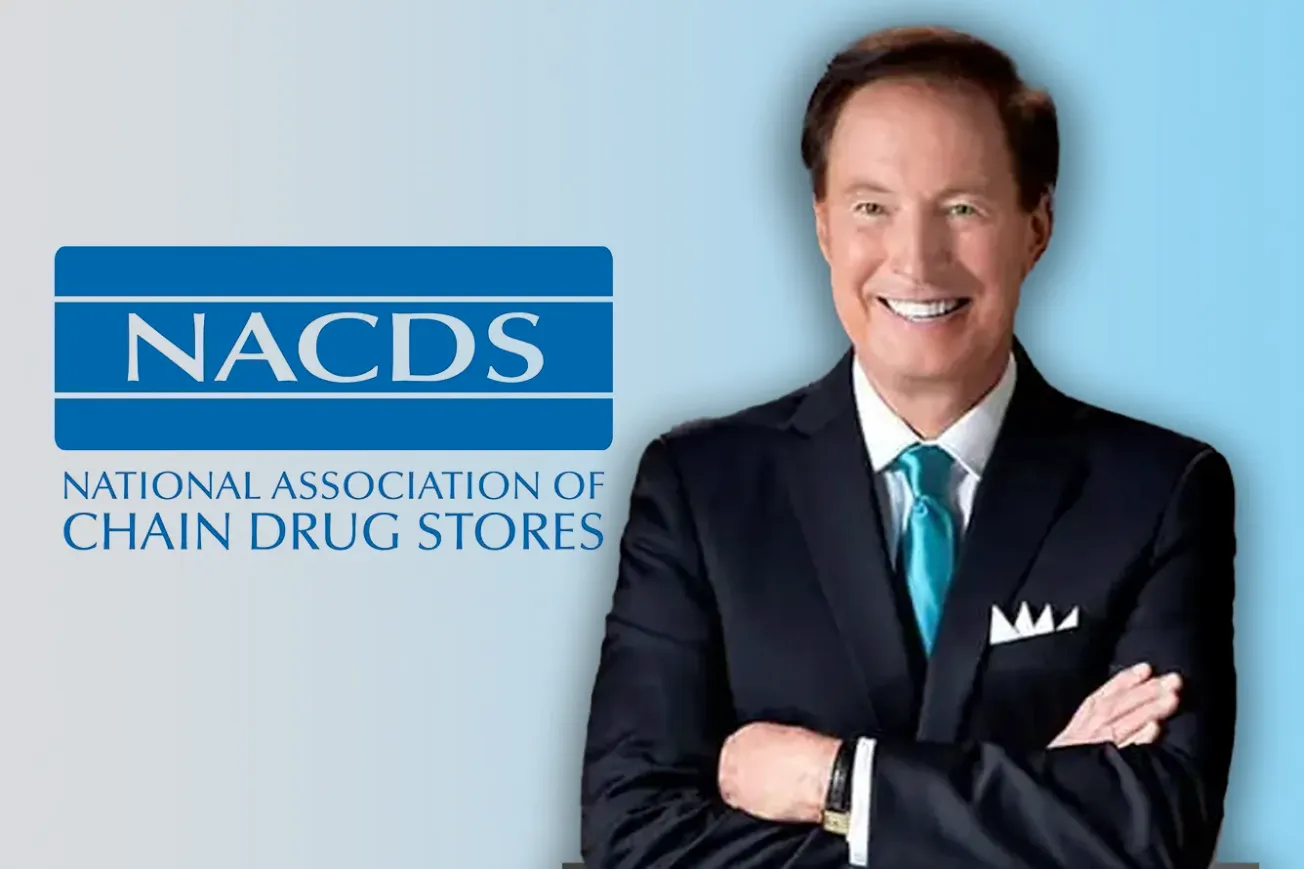NEW YORK — The United States will leave the World Health Organization, President Trump said on Monday, saying the global health agency had mishandled the COVID-19 pandemic and other international health crises.
Trump said the WHO had failed to act independently from the "inappropriate political influence of WHO member states" and required "unfairly onerous payments" from the U.S. that were disproportionate to the sums provided by other, larger countries, such as China.
"World Health ripped us off, everybody rips off the United States. It's not going to happen anymore," Trump said at the signing of an executive order on the withdrawal, shortly after his inauguration to a second term.
The WHO said on Tuesday that it regretted the move from its top donor country. "We hope that the United States will reconsider, and we really hope that there will be constructive dialogue for the benefit of everyone, for Americans but also for people around the world," WHO spokesperson Tarik Jasarevic said.
Trump's order said the administration would cease negotiations on the WHO pandemic treaty while the withdrawal is in progress. U.S. government personnel working with the WHO will be recalled and reassigned, and the government will look for partners to take over necessary WHO activities, according to the order.
The government will review, rescind, and replace the 2024 U.S. Global Health Security Strategy as soon as practicable, the order said.
Trump also signed an executive order asking the Center for Medicare and Medicaid Innovation to consider new payment and healthcare models to limit drug spending.
The CMMI developed three experiments, called the Medicare High-Value Drug List Model, the Cell and Gene Therapy Access Model and the Accelerating Clinical Evidence Model, as a result of Biden’s original order.
The first would allow Medicare Part D drug plans to offer a defined set of about 150 generic medications with a maximum co-payment of $2 for a month’s supply. The cell and gene therapy experiment — which was accepting state applications through the end of next month — would have let state Medicaid agencies allow the CMS to coordinate outcomes-based payment agreements with manufacturers.
The third model would have adjusted Medicare Part B payments for drugs in the Accelerated Approval Program to incentivize manufacturers to speed and finish clinical trials.
The president also ended an executive order that aimed to strengthen the ACA exchanges and Medicaid, which led some states to lengthen enrollment periods and provide more funding to help residents sign up for coverage.
The ACA exchanges grew significantly under President Biden. Over 24 million people signed up for health insurance coverage on the marketplaces for this year, more than double the number of enrollees from the open enrollment period for 2021, according to the CMS.








